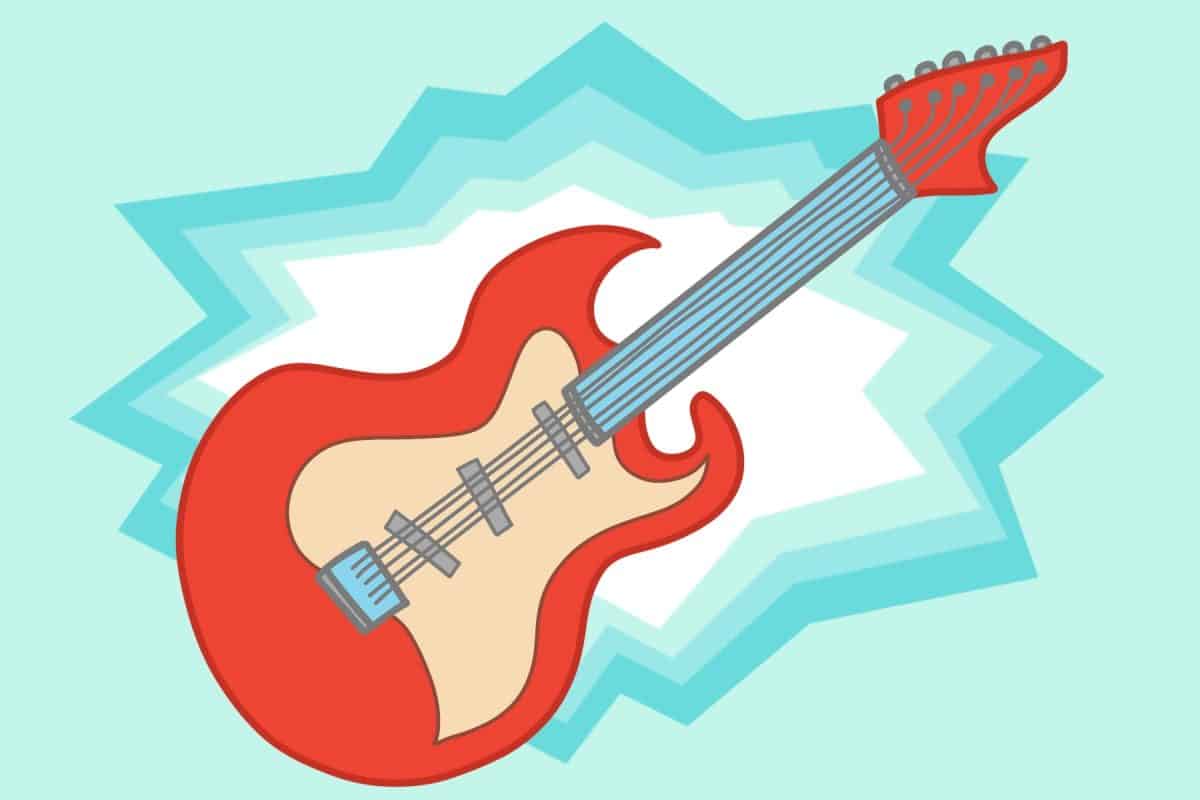Americans are dissatisfied with their leading choices for president, and independent candidates from Robert F. Kennedy Jr. to Cornel West are trying to take advantage of the situation.
As of Nov. 12, FiveThirtyEight’s poll tracker showed both President Joe Biden and former President Donald Trump at negative net favorability. Given that these two are likely to be their respective parties’ nominees for president and that Americans are generally unhappy with a Biden-Trump rematch in 2024, one would think independent candidates would have a unique advantage in 2024 compared with previous election cycles.
The current leading independent candidate is Kennedy. While unknown to many, he has a net favorability rating of +4.7%. Further, in a hypothetical Biden-Trump-Kennedy poll by Quinnipiac, Biden would garner 39% of the vote compared with 36% for Trump and 22% for Kennedy.
If these numbers were to bear out on Election Day 2024, Kennedy would do better than Ross Perot’s 1992 run against Bill Clinton and George H.W. Bush. However, there is reason to be skeptical that Kennedy can replicate anything close to what Perot garnered in 1992.
At the height of his popularity, Perot polled as high as 36% in June of 1992, beating both major-party candidates in the popular vote, only to fall to below 20% by the time of the election. While this fall from grace is often attributed to Perot’s many campaign errors, including dropping out and reentering the race, his decline represents the trend of most independent and third-party candidates failing to live up to the hype in American presidential elections.
Dissatisfied voters, who may support independent or third-party candidates early on, seem to largely change their votes to a major-party candidate by election day. This choice is likely driven by many factors, including a worry that voters are throwing away their vote by voting for a “spoiler candidate,” allowing their least-favored candidate to win over their second, major-party choice.
This happened to some degree in 2016, when third-party candidates Gary Johnson and Jill Stein garnered 4.4% of the vote. The two candidates polled at a combined 14%, according to a Pew Research study in August 2016, just a few months before the election.
Independent and third-party candidates seem to enjoy an initial honeymoon period in which many voters are unfamiliar with them and claim to want to vote for them, presumably because they view the major-party choices negatively, only to change their minds by Election Day.
However, those who vote independent or third-party have a major impact on the outcome of elections. Many believe that the small percentage of the vote carried by third-party candidates in 2016 helped give the election to Trump. Given that independent candidates are unlikely to win the election, the question comes down to how voters deal with their choices, knowing that their chosen independent or third-party candidate is unlikely to win.
For young voters, their choice in this cycle may be particularly impactful. Kennedy is currently beating both Biden and Trump among young voters aged 18-29, garnering 34% compared with 30% for Biden and 29% for Trump. This means that young voters, who, as a collective, voted for Biden at a rate of 60% in 2020, are taking their votes away from the president. Should this critical bloc of support choose to back an independent candidate in 2024, instead of their choice in 2020, it is very likely to negatively impact President Biden’s odds of reelection.
None of this is to say that independent candidates won’t do well in 2024. However, their impact is more likely to be that of a spoiler than of a serious candidate.
The fact must be recognized that none of the independents running has a serious chance of winning. Voting blocs, like young Americans, that are considering voting for independents like Kennedy must make a serious decision in 2024 to support their nearly-certain-to-fail candidate or to back a major-party candidate who is more likely to win.
As for now, we can only speculate as to how independent candidates will impact the outcome of the election next year on Nov. 5.









